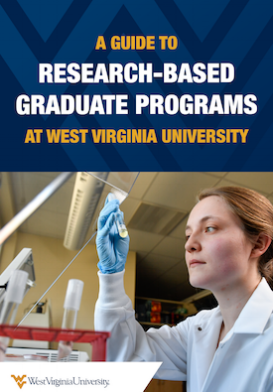Public Health — Defined & Explored
Lack of proper nutrition and food security, access to mental health services, water pollution, infectious diseases, obesity, the national opioid crisis — we, as individuals, as communities, and as a society are vulnerable to the many challenges our world is facing today.
As the health needs of our communities change, evolve, and increase, so will the demand for dedicated, efficient, and focused researchers, health administrators, and policymakers. For this reason, West Virginia University’s public health professionals in the School of Public Health are working to provide solutions to some of the most critical questions our society faces today.
With this resource, we aim to shed light on some of the national and West Virginia-specific public health needs, the history of the public health landscape, the importance of WVU’s R1 status, and a variety of other topics all related to preparing the future public health leaders of tomorrow.
DOWNLOAD WVU’S PUBLIC HEALTH GUIDE
How can public health be used to combat today's societal issues, including a lack of food security and the opioid crisis? West Virginia University knows that our society faces some critical issues. For this reason, we put together a resource for the public health leaders of the future: Impacting Social Change in the Field of Public Health.
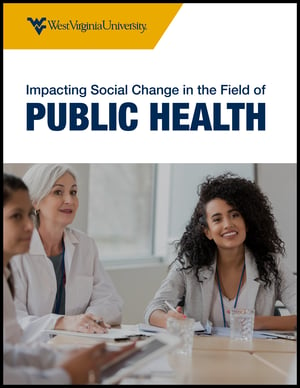
Download the Guide
History of Public Health
What is the history of public health? And how has it evolved?
Public health as a movement, as a discipline, is rooted in antiquity. From the beginnings of human civilizations, it’s been recognized that the health of individuals and cultures were affected by various factors like polluted water, lack of proper human waste disposal, and certain indulgent behaviors, such as unsafe sexual relations and drinking excessive alcohol.
As science and an understanding of health continued to increase, so did the need for society’s inclusion of public health practices — which brings us to the era of modern public health.
In the United States, the first public health organization based on a state health department and local boards of health
In 1923, American public health leader Charles-Edward A. Winslow defined public health as "the science and art of preventing disease, prolonging life, and promoting physical health and efficiency through organized community efforts for the sanitation of the environment, the control of community infections, the education of the individual in principles of personal hygiene, the organization of medical and nursing service for the early diagnosis and preventive treatment of disease, and the development of the social machinery which will ensure to every individual in the community a standard of living adequate for the maintenance of health." Winslow’s early definition provided the basis for the World Health Organization's definition of health: "A state of complete physical, mental, and social well-being and not merely the absence of disease or infirmity.”
Major Public Health Organizations
As a future leader in the field of public health, it’s crucial that you familiarize yourself with the major public health organizations who are impacting the public health landscape. The more familiar you are with these organizations, the more informed you’ll be of the current and emerging public health trends.
Here are 10 well-known and well-respected public health organizations,
according to the Advocates for Public Health Education:

World Health Organization (WHO): WHO directs and coordinates health activities within the system of the United Nations.

National Institutes of Health (NIH): NIH is the nation’s top medical research organization, and it makes many important discoveries that boost health and save people’s lives.
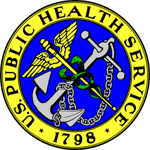
US Public Health Service Commissioned Corps: Provides needed health care services underserved and needy populations within the United States.

Council of State and Territorial Epidemiologists (CSTE): Organization of member states/territories that represent public health epidemiologists.
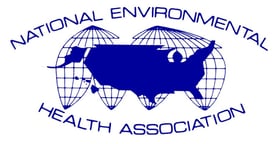
National Environmental Health Association (NEHA): A national professional society of environmental health practitioners. Started originally in the state of California.
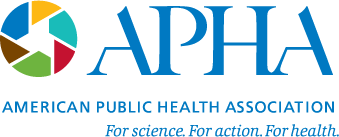
American Public Health Organization (APHO): The oldest and most diverse public health professionals organization in the world.

Association of Public Health Laboratories (APHL): This dynamic organization works to boost the strength of laboratories that work in the interest of the public health both in the US and around the world.
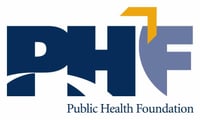
The Public Health Foundation (PHF): Dedicated to creating communities of good health through the use of training, research and technical support.
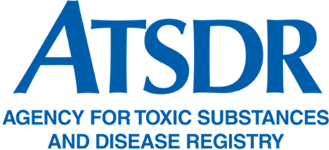
Agency for Toxic Substances and Disease Registry (ATSDR): This agency is part of the US Department of Health and Human services, and takes public health actions as needed.
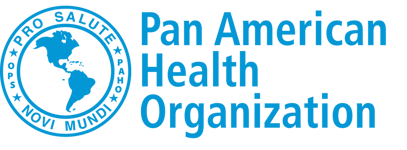
Pan American Health Organization (PAHO): A health agency that has over a century of experience is boosting the health and living conditions of the countries in the Americas.
Work Environments in Public Health
Public health is a versatile career field, and for this reason, public health professionals are able to take positions in a variety of work environments including:
-
Traditional Public Health Organizations
-
Traditional Service-Focused Organizations
-
Federal Health Agencies
-
State Health Agencies
-
Local Health Agencies
-
Consulting Firms
-
Consumer Advocacy Organizations
-
Research Corporations
-
Hospitals
-
Private Businesses
Because the field of public health has career opportunities suited to a variety of interests, skills, and environments, working in public health is a great option for professionals hoping to make a career change or for recent college graduates looking to change their field of study in order to pursue a mission-driven career that’s focused on transforming the lives of others.
Occupational Titles & Salary Ranges
The field of public health is an evidence-based discipline that is focused on providing real-world solutions to complex health issues. As an aspiring public health professional, you’re passionate about engaging with data and research in order to identify and provide solutions for our communities’ public health needs. In order to address these needs, an advanced degree in public health is often needed. Completing a graduate degree in public health can help you enact change in society while also providing you with a lucrative career.
The below careers are among the highest paying public health jobs:
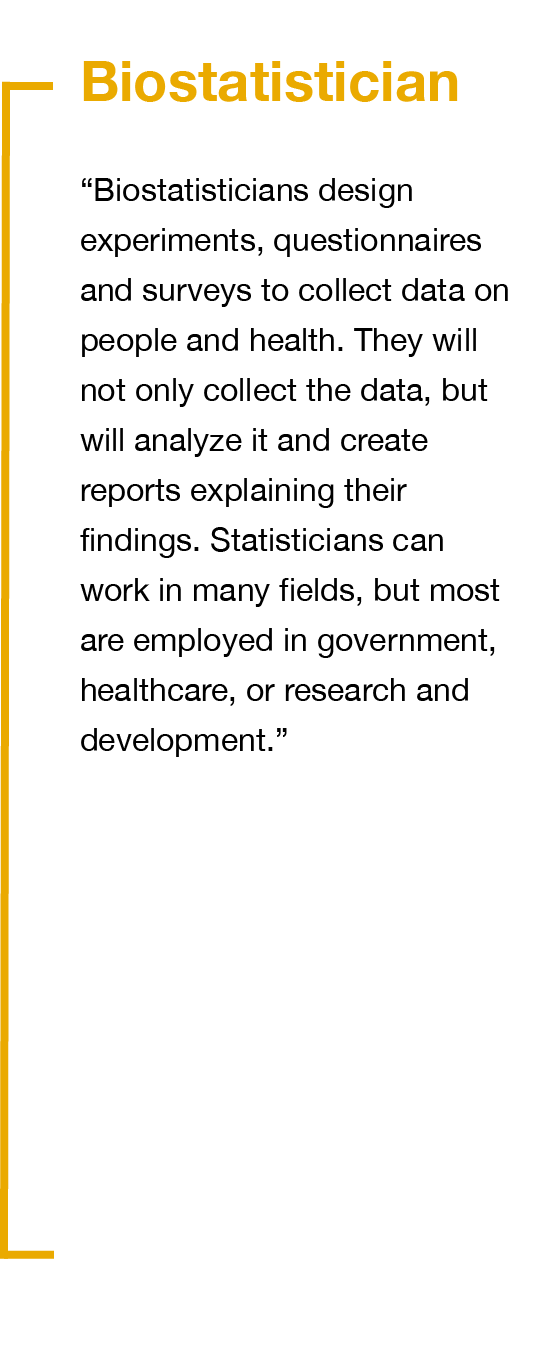
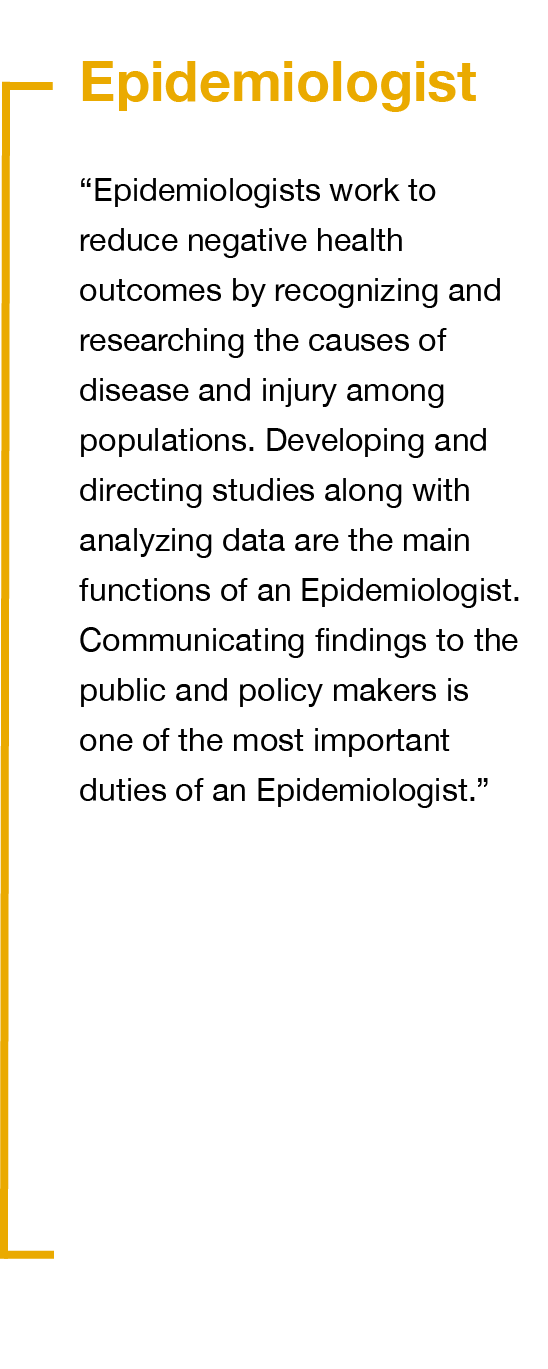
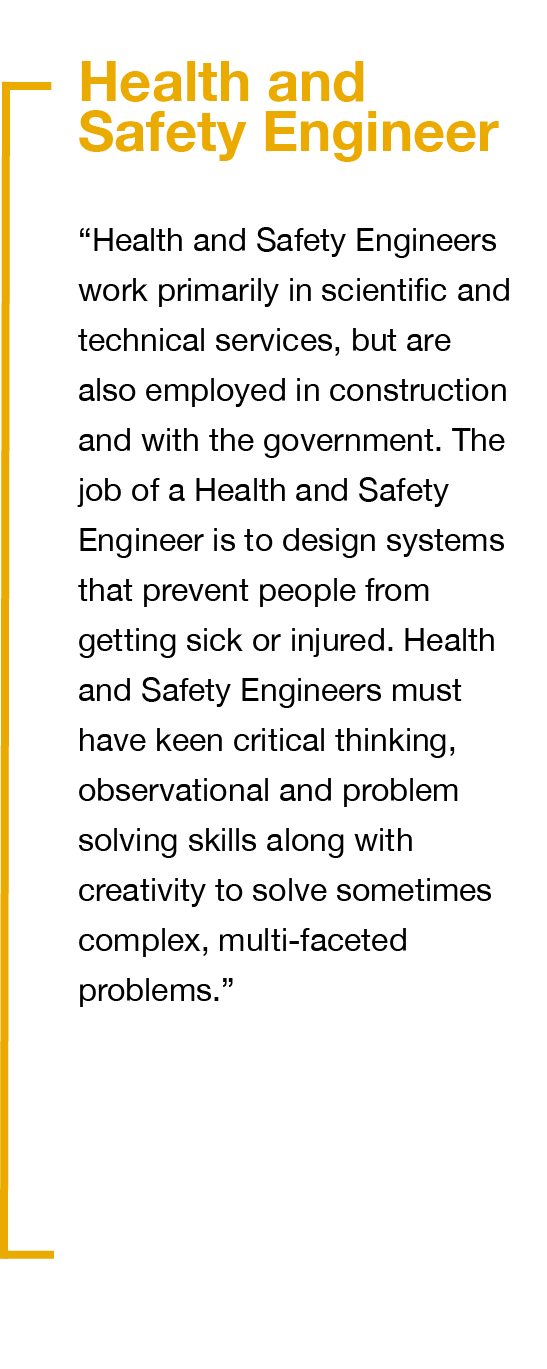
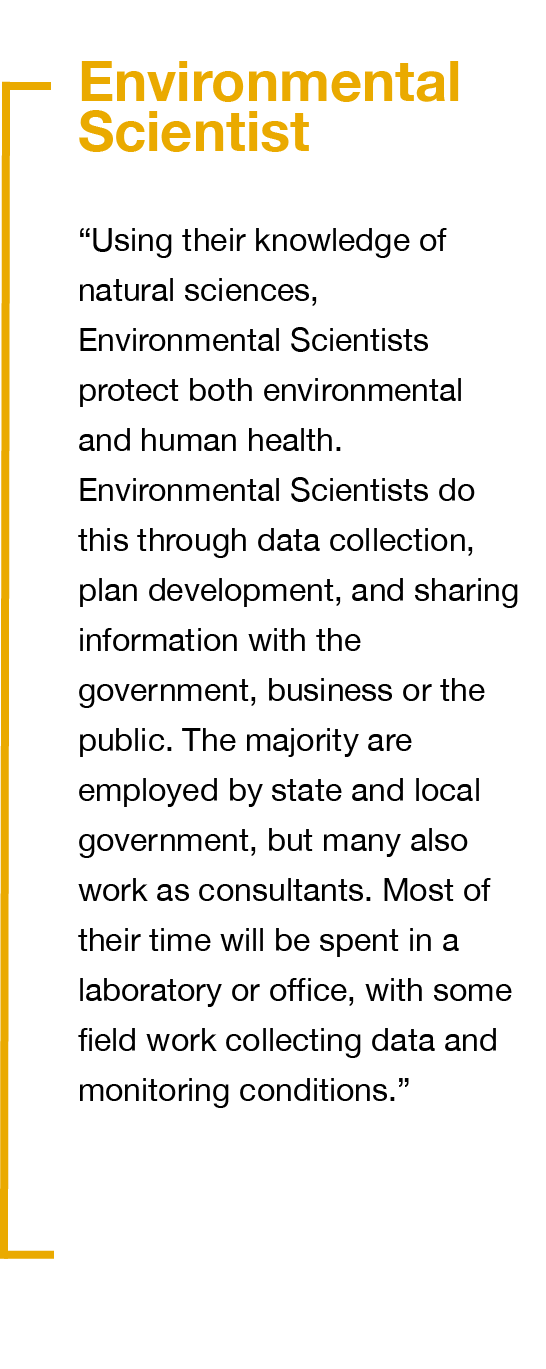
Request More Information
As a future leader in the field of public health, it's crucial that you choose a graduate program that's perfect for you. For that reason, we'd love for you to request more information today so that you can figure out if West Virginia University's School of Public Health is the right fit for you!
Request More Information
West Virginia's Public Health Needs
The opioid crisis is the most challenging and damaging public health problem of my lifetime. The health, human, social and economic costs are incalculable. We must tackle this challenge by bringing all our people together and systems to bear and reconnect with each other with open minds and open hearts. My charge will be connecting people and resources for the benefits of all. — Dr. Michael Brumbage, Assistant Dean of Public Health Practice and Service in WVU’s School of Public Health
Opioid Epidemic:
According to the Centers for Disease Control,
drug overdoses killed more than 72,000 people in the United States in 2018
— a new record driven largely by the opioid epidemic.
While the opioid epidemic is a national issue, West Virginia is a state where more people have overdosed on opioids and died than in any other state in the nation.
In 2018, an article by The Washington Post focused on Williamson, West Virginia — a tiny town of fewer than 3,200 residents — and reported that this town was flooded with nearly 21 million pain pills over the past decade, nearly 6,500 pain pills per person. In another article from 2017, the Post shed light on the fact that the opioid deaths in West Virginia have overwhelmed a state program providing burial assistance, suggesting that “drugs are killing so many people in West Virginia that the state can’t keep up with the funerals.”
It’s clear that the state of West Virginia is in crisis when it comes to its public health needs — especially when examining the opioid epidemic. Thus, not only is WVU the flagship University for the state with the highest overdose death rate
Similarly, Sara Warfield, a third-year
Accessible Nutrition and Food Security:
ACCORDING TO FEEDINGAMERICA.ORG, IN THE STATE OF WEST VIRGINIA
Nearly 267,280 People are Struggling with Hunger, and 75,970 of them are Children
This same source asserts the notion that people facing hunger in WV will need an estimated $126,636,000 more per year in order to meet their food security needs.
Lauri Andress, an assistant professor in WVU's School of Public Health, examines how ease of access to different nutritious foods, particularly fresh produce, impacts our community's well-being, specifically focusing on seniors in the community.
Andress focuses on what she calls “upstream levers,” such as infrastructure investments, economic development
In my research, I assume we have enough people working downstream — trying to teach people how to eat, looking at their bodies, their health or disease state. But what we don't have is enough people making the connection between context and policies, and how that contributes to what we as health practitioners do downstream. — Lauri Andress, Assistant Professor in WVU's School of Public Health
Similarly, Rachel
Professionals like these help to guide organizations and institutions in the delivery and management of healthy food distribution, using research studies to convert statistics into impactful policy that will improve the well-being of West Virginians at large.
Subscribe to our Blog:
The Summit Ahead
WVU’s School of Public Health
The West Virginia University School of Public Health is fully accredited by the Council on Education for Public Health. The only accredited public health program in the state, WVU is home to undergraduate and graduate programs in various public health disciplines at the BS, MPH, MS, and
WVU’s School of Public Health strives to prepare graduates to make individuals and communities happier, healthier, and safer by preparing new generations of health leaders. Within the School of Public Health, there are five departments that offer experienced-based graduate studies and opportunities to work with expert faculty and industry partners:
Department of Biostatistics: Biostatistics is the science of developing and applying statistical methods needed to tackle research problems in a variety of fields – especially public health and medicine. Once primarily focused on data analysis, the study of biostatistics has seen tremendous growth with the increasing importance of computational methods to facilitate data acquisition, modeling, and prediction.
Department of Epidemiology: Epidemiology is the basic science of public health. It began with studying outbreaks of infectious disease but now encompasses the study of chronic diseases – such as diabetes, cardiovascular disease, and cancer – as well as injury and violence.
Department of Health Policy, Management, and Leadership: The goal of Health Policy is to educate future health workforce and leaders in policy and management, perform impactful research in public health policy and healthcare
Department of Occupational and Environmental Health Sciences: Occupational and Environmental Health touches everyone, everywhere. In both developed and developing nations, issues of environmental pollution arise from indoor air quality concerns, water quality, outdoor air, and waste products, as well as workplace exposures. Occupational and Environmental Health professionals keep populations safe and healthy, both at home and at work.
- MPH in Occupational and Environmental Health Sciences
PhD in Public Health Sciences - Occupational and Environmental Health Sciences
Department of Social and Behavioral Sciences: Health disparities are shaped by behavioral and sociocultural factors. The study of Social and Behavioral Sciences in public health focuses on psychosocial, behavioral, community and societal influences on health and the development of interventions that eliminate barriers to health and healthcare access.

Learn from the Experts
The WVU School of Public Health provides students with quality instruction from highly trained faculty who are engaged in research and service projects addressing major public health issues in the Mountain State and beyond. Their work covers a wide range of topics affecting population health, offering students the chance to explore different areas of interest.
Faculty specialty areas include:
Diabetes self-management
Occupational injuries and assaults
Racial disparities
Health effects of hydraupc fracking
Mindfulness
Childhood obesity
Tobacco disparities
Self-injury mortapty
Substance abuse
WVU students have ample opportunities to get involved in meaningful projects and have hands-on field experiences guided by expert faculty and public health professionals.
EXPLORE THE RESEARCH GUIDE
A Guide to Research-Based Graduate Programs at West Virginia University
This guide is designed to showcase the various research-based graduate programs offered at West Virginia University, to explain the importance of WVU as an R1 status institution, and to highlight the importance of an education at a university that has a strong commitment to
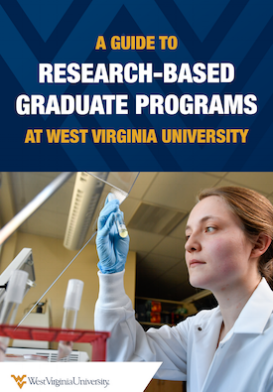
Leading the Way in Research
West Virginia University is one of the 115 institutions in the U.S. classified as R1 by the Carnegie Foundation for the Advancement of Higher Education. WVU’s research classification is described as fitting into the “highest research activity” classification for doctoral universities.
R1 institutions are engaged at the frontiers of knowledge discovery across the spectrum from the Creative Arts and Humanities to the Social Sciences to the Applied and Basic Sciences. These are the best research universities in the U.S. and where the majority of academic research is conducted. Much of the research at R1 universities is funded by federal or private sources.
Students at Carnegie R1 institutions, whether they are studying at the undergraduate or graduate level, have the opportunity to engage in research at the forefront of their discipline. Students at R1 universities also work with faculty who remain active in the discovery of knowledge and who bring the latest findings from their research and that of their colleagues into the classroom.
Students who graduate with a degree from an R1 institution have the most current understanding of the state of the art in their major field of study. In other words, R1 classified schools are up-to-date with the most recent findings and trends impacting that area.
230 +
Research
Topics
30 +
FACULTY
RESEARCHES
WVU has a variety of Research Centers and Training Services:
Injury Control Research Center
The WVU Injury Control Research Center utilizes innovative, cross-disciplinary research, collaborations and dissemination of evidence-based practices to reduce the burden of injury and improve injury control programs and policies.
The West Virginia Prevention Research Center conducts and translates community-partnered research that results in tangible public health strategies and products to improve patient and population health and reduce chronic disease health disparities.
The Health Research Center provides an environment and infrastructure for faculty with varied interests and expertise to collaborate and develop projects that promote the overall quality of life for West Virginians.
Office of Health Services Research
The WVU Office of Health Services Research providers quality of care improvement, health analytics, evaluation, practice-based research, and applied research support and coaching to health systems and community-based organizations to help address priority health conditions and concerns.
Occupational Medicine provides the full spectrum of occupational and environmental medicine care, with services ranging from physical exams to health screens to hearing conservation.
Osher Lifelong Learning Institute
The Osher Lifelong Learning Institute at WVU provides educational programs and opportunities for adults ages 50 and over.
The Public Health Training Center provides skill-based training and continuing education opportunities targeted to the needs of the public health workforce and health care providers.
RECENT STORIES
Joining the WVU Community
It’s exciting that you’re seriously considering becoming a public health professional and starting by pursuing a graduate degree in Public Health at West Virginia University. We’re proud to offer experienced-based graduate studies and opportunities to work with expert faculty and industry partners. We invite you to visit our website for more information on how you can get your application started today!
Financing Graduate School
Due to the generosity of the many donors to the Schools of Public Health, the below scholarships and award opportunities have been made available to our students. Note: To apply for a scholarship, fill out the SPH Scholarships Application form. To be considered for an SPH scholarship, students must also file a FAFSA form by March 1 of the preceding academic year.
- Dean's Scholarship
- Dean's Ambassador Program
- Avashia Scholarship
- William M. Murray Public Health Education Scholarship
- Robert W. Gunn Book Scholarship
- The R. Dean and Charlene Hartley Community Engagement Program
- Public Health Scholarships (WVU Financial Aid)
- Graduate Student Travel Award
Students are also eligible to apply for financial aid through the WVU Office of Financial Aid. Financial aid is typically issued in the form of loans. The School of Public Health has a limited number of scholarships, graduate assistantships available, and student worker opportunities. Students can contact their department chairs for more information.
Connect with Us
West Virginia University’s Admissions professionals hope that this guide has been helpful in informing you of the various academic options here at WVU.
Here’s a bit more information on West Virginia University as an institution: West Virginia University is located in beautiful Morgantown, WV, a community noted for its central location near Pittsburgh, Washington, D.C., Cleveland, and New York City. Founded in 1867 as a land-grant institution, WVU promises to “… deliver high-quality education, excel in discovery and innovation, model a culture of diversity and inclusion, promote health and vitality, and build pathways for the exchange of knowledge and opportunity between the state, the nation, and the world.”
The stimulating graduate community of scholar-teachers and passionate learners at WVU creates an environment that welcomes your desire to grow, to learn, and to add to the growing body of knowledge in your field. As a WVU graduate learner, you engage in internationally recognized academic programs.
If you want more information about graduate admission requirements, financial aid, or to learn more about the graduate application process, visit WVU’s Office of Graduate Admissions & Recruitment website.











